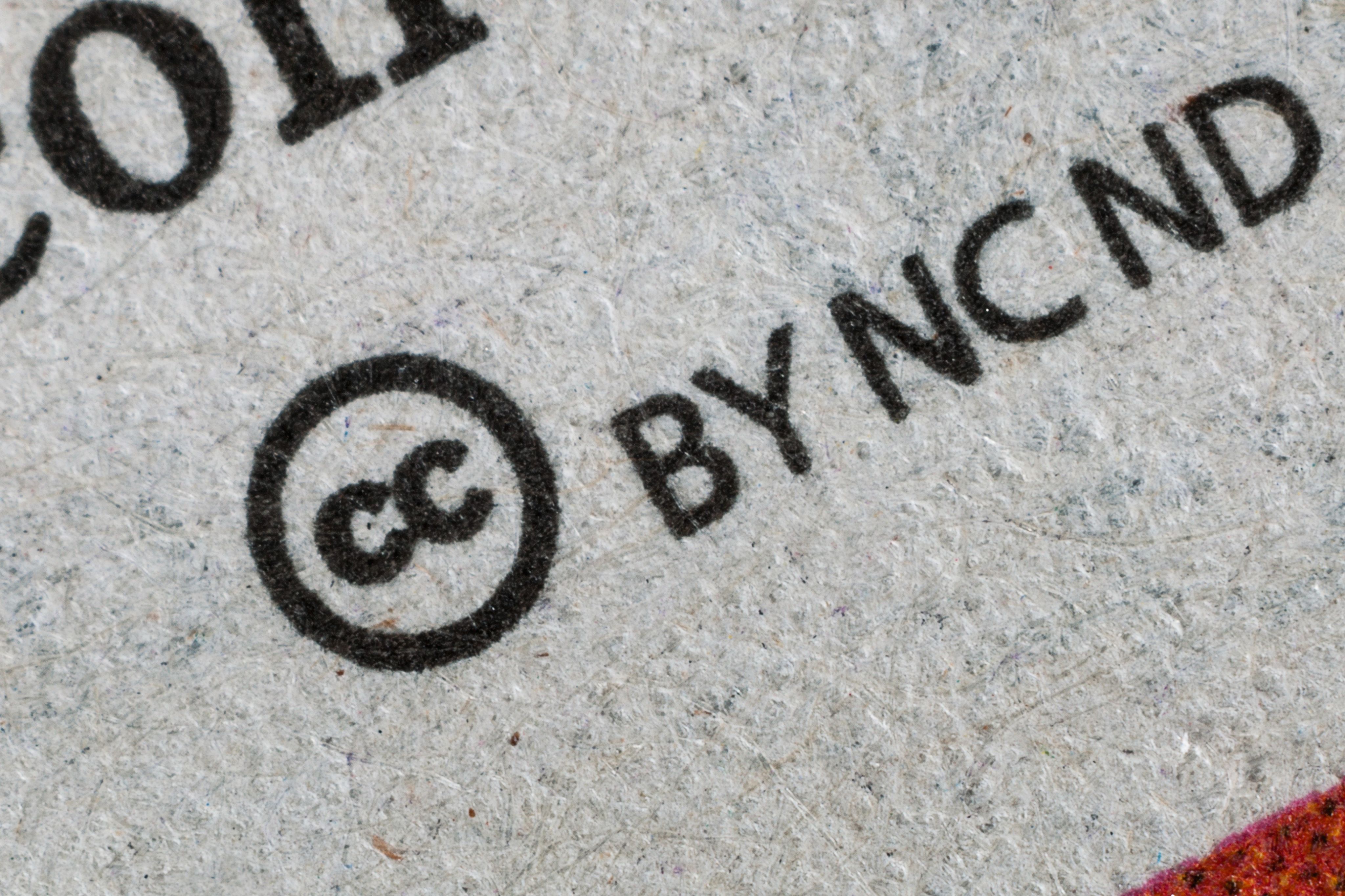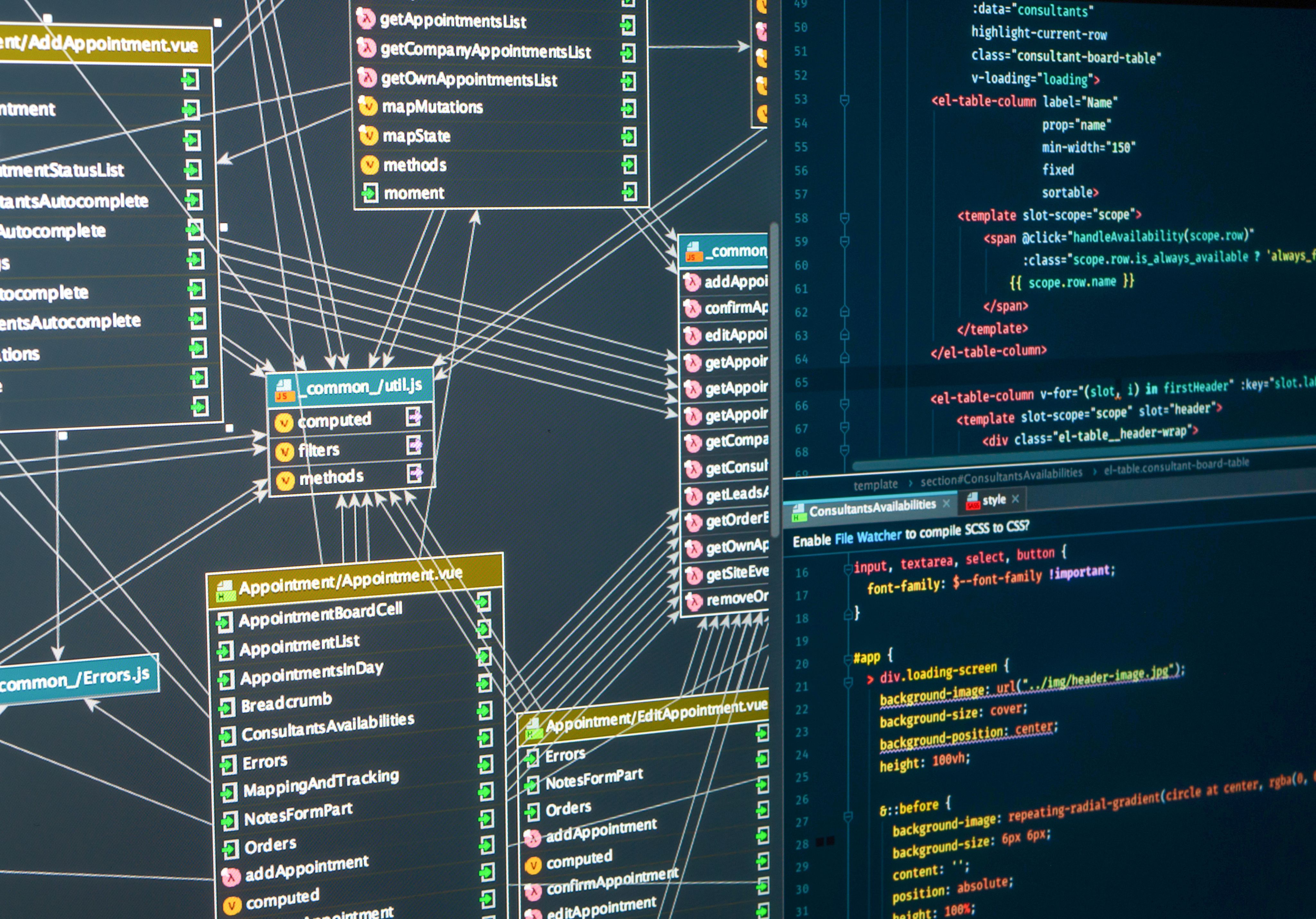Law Bites:
Case Commentary
When Copyright Fails:
The Decision in
Global Yellow Pages Ltd v Promedia Directories Pte Ltd [2017]

I would like to comment on the recent decision of Global Yellow Pages Ltd v Promedia Directories Pte Ltd [2017] SGCA 28, where the claimant failed in his action for copyright infringement.
The salient facts of the case involved two parties who are providers of telephone directories. The claimant had sued the defendant for copyright infringement, on the ground that the arrangement of the defendant’s data in their directory was taken from and substantially similar to that of the claimant’s.
It was alleged that the defendant had copied the following: classified listings, business listings and certain data specifically implanted by the claimant in order to monitor whether its competitors were using its database - ‘seeds’.

The Singapore Court of Appeal upheld the decision that copyright could not be said to subsist in such data and that the compilations lacked ‘sufficient creativity or intellectual effort in the selection or arrangement of the material’.
Copyright only protects ‘original’ expressions or arrangements. The court agreed with the view that has been adopted in various other jurisdictions in recent years that for copyright to subsist in any literary work, there must be an authorial creation that is causally connected with the engagement of the human intellect. This means the application of sufficient intellectual effort, creativity, or the exercise of mental labour, skill or judgment. Efforts that are not applied towards authorial creation will not suffice.
While I hold reserved opinions on the judgement, I do wish to comment on a missed opportunity by the courts to consider a possible new legal solution to the problem at hand. This was admitted as much, by the High Court, George Wei JC [at 206] when he commented:
´ I have no doubt that in the modern world databases have a tremendous commercial significance and arguments can be raised that it is in the public interest to protect them. But the scope and strength of any new form of database protection (if necessary) must be appropriate. That is a matter best left for Parliament. The protection of databases engages distinct concerns from what copyright was originally concerned with, namely, the protection of artistic expression.”

In the judgement, the court had outlined the two competing schools of thought on “originality” – the key criterion for copyright protection. The first is the "creativity” school and the second, the "sweat of the brow” or "industrious collection” school. The former concerns the quality of the effort that is required before a work can be considered original. It emphasises the need for intellectual effort or creativity in the production of the work. The latter, on the other hand, acknowledges the labour of the author as being relevant to its originality where such labour towards fact finding, fact creation and fact collection would suffice for the work to be said to be original.
The essence of the sweat of the brow theory is that "what is worth copying is worth protecting” whilst the creativity theory borrows the aphorism often attributed to Sir Isaac Newton: "If I have seen further it is by standing on the shoulders of giants.”
Undeniably, understanding and attempting to draw clear boundaries of the idea / expression dichotomy is very much dependent on a question of fact and degree. However, one need not regard the 2 theories as anti-thesis and should avoid adopting an “all or nothing” approach. The fact is there are 2 valid public interests that copyright protects. On one hand there is the public interest in promoting the encouragement and dissemination of works of the arts and intellect and, on the other, obtaining a just reward for the creator.

The sweat of the brow approach can be said to be too liberal as it may shift the balance of copyright protection too far in favour of the owner’s rights. Yet, the creativity standard may be too stringent as the requirements of novelty or non-obviousness are more properly to be in the realm of patents rather than copyright. The choice between the creativity or sweat of the brow standards of originality would determine where that balance was struck. It is the author’s view that the overriding objective ought to be a fair balance so as to achieve a "workable yet fair standard” which is the position taken by the Canadian courts.
Notwithstanding, such uncertain protection does not augur well for businesses and a bold choice should be made in order to uphold both seemingly opposing economic and legal objectives. In the 21st century world that we live in and the proliferation of databases that shape business decisions and consumer purchasing, one must not overlook the importance of having adequate protection for such works that are of obvious immense economic value.
It is perhaps time for Singapore and the other jurisdictions to consider the sui generis approach of a distinct database right that the EU and UK has adopted. It is the author’s opinion that as opposed to struggling to find that right balance and risk being impaled on the horns of dilemma of the 2 competing policy objectives, that such a paradigm shift is to be adopted.
Commendable though it may be, it is unacceptable for one to stand on the shoulders of any giant to appropriate the labour of another. It is hoped that even where mankind aspires to be progressive, that we do not forget the Eighth Commandment of “Thou shall not steal”.
